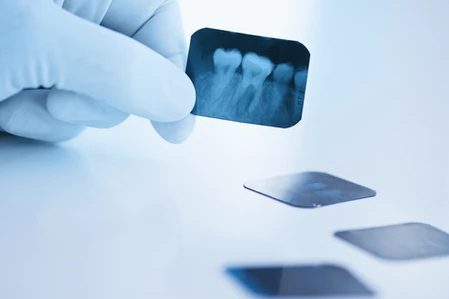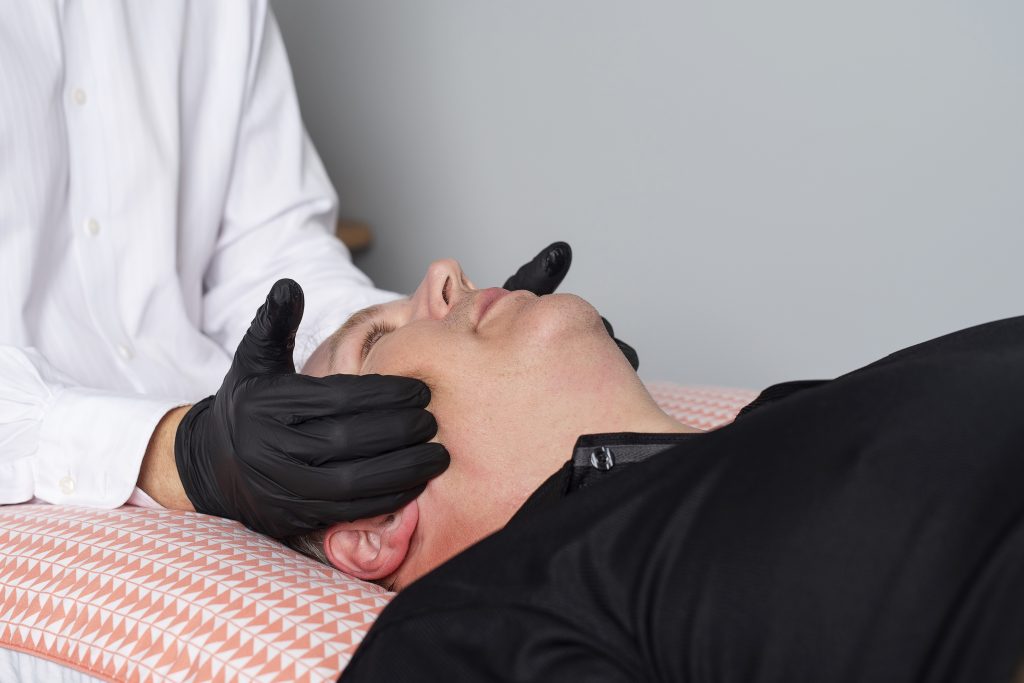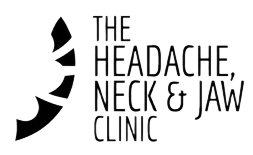Are you stressed? Check your mouth because there’s a good chance you’re taking that stress out on your poor unsuspecting teeth.

Teeth grinding, or Bruxism as it’s officially known, is one of those conditions that you could be suffering from without any knowledge of. While it’s certainly possible to clench your teeth during the day, most people are able to pick that up and stop that habit without seeking medical intervention. However, night time clenching is actually quite difficult to diagnose and most patients struggle to realise they’re even doing it.
There are three common ways you can tell that you’re clenching your teeth at night, they are:
1. Your partner will hear and (hopefully) tell you
2. You wake up with a stiffer jaw and sorer teeth than normal
3. Your dentist starts pulling teeth out
Hopefully most patients won’t make it to step 3 but unfortunately, some don’t find out until it is too late. There is however a few things you can do to reduce your chances of eventually losing your teeth to that pesky clenching habit.
How to Reduce Jaw Clenching Yourself

Evidence shows that your levels of arousal (no not that kind) determine the likelihood of teeth clenching at night. That is, the less active the jaw is during the day, the less active it will be at night after you have fallen asleep. What I mean by that is, reduce your clenching during the day and you can reduce your clenching during the night.
Relax Your Mouth
By placing your tongue on the roof of your mouth and relaxing your mouth and lips closed (what we call the neutral jaw position), you reduce your chances of subconsciously clenching. By all means you can still clench with your mouth in that position, but you’re less likely to do it without realising!
Massage Your Cheeks
Secondly, if you feel like your mouth is very tight first thing in the morning, start massaging your cheeks during the day. The muscle which sits over your back teeth (called the Masseters) are responsible for closing and therefore, responsible for clenching your teeth. By clenching, you’re causing that muscle to work a lot harder than normal and as such, it will likely be tight. Counteract that by massaging the muscle one side at a time, with reasonable (5/10) depth in a circular motion for 10 seconds at a time. Do this throughout the day to reduce the arousal of that muscle.
Seek Help from an Expert Physiotherapist
Lastly, if neither of these techniques work and you’re still clenching at night, it might be time to book in with your dentist about a night time mouth guard (Occlusal Splint). At The Headache, Neck & Jaw Clinic, it is always our priority to explore all other options before referring onwards for more permanent medical alternatives as the splint can be quite expensive (usually $500). But that might be the best $500 you have ever spent if it preserves your teeth for years to come. One $500 splint can last you up to 5 years. One root canal can cost upwards of $1000! Protect your teeth people, you only get one set (no I’m not counting your baby teeth).

